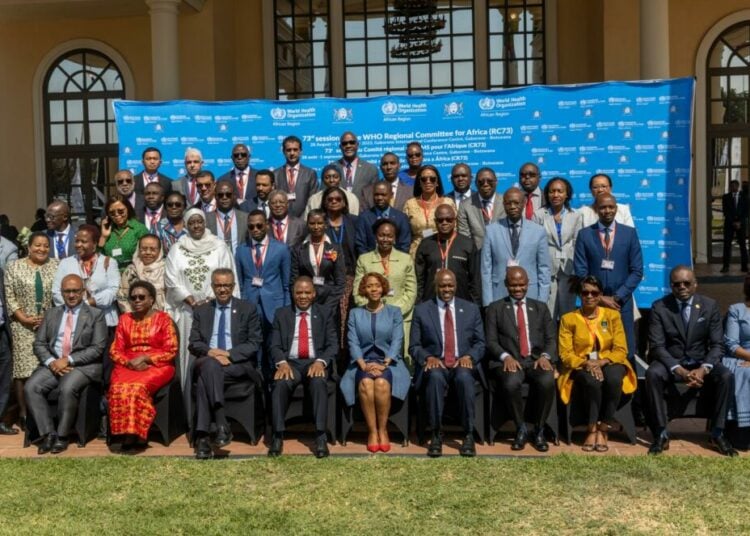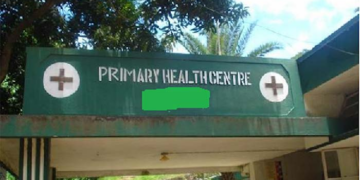African health ministers have opened the 70th session of the World Health Organisation (WHO) Regional Committee for Africa in Lusaka, Zambia, to set the stage for key decisions on strengthening health systems in the continent.
The three-day meeting, which brings together ministers from 47 African countries, is the region’s highest health decision-making forum.
The delegates will deliberate on pressing health challenges and adopt resolutions to improve access to care, strengthen resilience, and accelerate progress toward universal health coverage.
Opening the session, President Hakainde Hichilema of Zambia said the COVID-19 pandemic had underscored the need for stronger health diplomacy and cooperation. He urged leaders to harmonize public health regulations across borders and view health as a driver of trade, industrialization, and regional integration.
Zambian Health Minister, Dr Elijah Muchima, echoed the call for collaboration, stressing that no country can address Africa’s complex health challenges alone. “We must deepen regional collaboration, share best practices, harness African expertise and innovation, and build long-term resilience across borders.
WHO Director-General, Dr Tedros Adhanom Ghebreyesus, described the session as “a vital moment” for Africa, noting that WHO is working closely with countries to build robust national health systems despite financial and security constraints. “Our goal is clear: to support our Member States in Africa in their drive to build systems built on self-reliance and a commitment to deliver health for all,” he said.
WHO Regional Director for Africa, Dr Mohamed Janabi, emphasised the need for health systems that are “accountable, transparent and responsive to African realities,” urging governments to see health as a cornerstone of prosperity rather than a cost.
During the meeting, ministers will adopt a resolution to fast-track improvements in oral health services by 2030, tackle chronic blood shortages through modernized supply systems and voluntary donations, and expand access to rehabilitation services, currently unavailable to two-thirds of Africans who need them.
Other agenda items include transforming care for women, children, and adolescents, closing the continent’s critical health workforce gap, and scaling up efforts against malaria, which continues to claim thousands of lives annually. Health security will also feature prominently, with ministers set to endorse plans to improve early detection and crisis preparedness following more than 250 public health emergencies in 2024 alone.
Decisions taken in Lusaka are expected to shape Africa’s health priorities for the coming years, laying the groundwork for stronger systems, healthier communities, and a more resilient continent.




